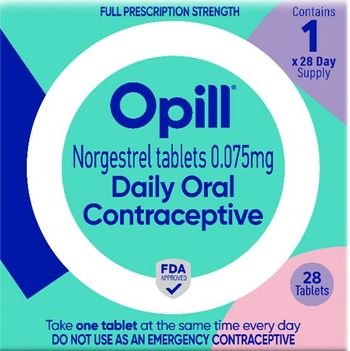
Healthcare Navigator
If you're going to choose a consultant to help you navigate today's ever-changing healthcare waters, you'd probably look for three key qualifications: experience, insight and diversity. While those characteristics might seem obvious, finding someone with those traits isn't always so apparent.
Peter R. Kongstvedt, MD, FACP, has not only captained many leading healthcare vessels, he's served in virtually every position while onboard.
Q. Can employers achieve consensus about pay for performance?
A. Pay for performance is actually not a new idea. I first came across it in managed care in the early 1980s. At that time, primary care physicians were paid a bonus for submitting electronic claims and following certain quality management protocols. Today, consistency is a challenge: one payer does it one way, another payer does it another way. The other thing is that employers don't know where the money is going to come from. For businesses that are fully insured, the plan can make the decision that they are going to use their money to do it. For a self-funded employer, however, the employer must be willing to make the funds available. Now, if it's done in the form of a withhold-where you simply don't pay physicians until they've done everything-that's where the money comes from, but it's also a lesson in poor provider relations.
Q. Do you think consumer-directed healthcare (CDHC) will be a short-term play, or a systemic way to control healthcare costs?
A. We will see more traditional products take on various attributes of CDHC. The first one is data transparency-providing information to consumers to help them make the right choices, self-manage their own health, or choose a provider or hospital. The other is related to some aspects of the benefit design, which one can argue that the early versions of the three-tier and four-tier pharmacy benefit plans were similar. The area where we are going to see a lot of experimentation is integrating chronic disease management with product designs.
Newsletter
Get the latest industry news, event updates, and more from Managed healthcare Executive.























